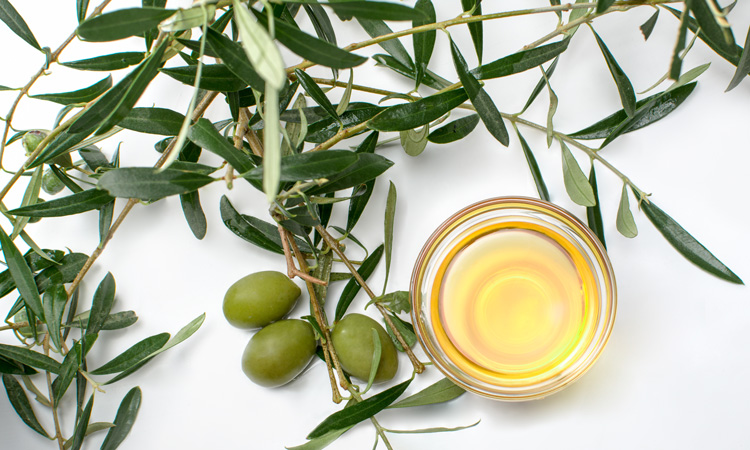Study finds olive leaf extract can inhibit the growth of foodborne pathogens
Posted: 31 March 2020 | Sam Mehmet (New Food) | No comments yet
The extract, from Euromed, was found to inhibit the growth of Listeria monocytogenes and could be a potential adjunct to help control foodborne pathogens.


A recently published study has found that olive leaf extract from Euromed, standardised herbal extract and active pharmaceutical ingredients producer, inhibits the growth of Listeria monocytogenes bacteria.1
Olive leaf extract has traditionally been used as a herbal dietary supplement as it contains oleuropein and other polyphenolic compounds that offer blood pressure, heart health and immune system benefits. In addition to enhancing human health, olive leaf extract may also reportedly be used as an antimicrobial to control potential foodborne pathogens.
Secondary plant substances such as olive leaf extract are said to be gaining increasing attention as potential antibacterial and food preservative agents. These naturally occurring compounds possess diverse chemical structures, a wide range of biological activities, and are in line with consumer trends seeking foods produced with natural ingredients, Euromed has suggested.
Olive leaf extract is said to show promising effects as an antimicrobial agent to control Listeria monocytogenes in foods. These foodborne pathogens, often found in dairy products, vegetables and ready-to-eat foods, can survive and grow in harsh conditions such as low temperatures. As such, the elimination of these bacteria is considered a significant challenge for the food industry.
In the current study, Dr. Yanhong Liu and other researchers synthesised gold nanowires using bacterial flagella as a template. Gold nanowires are effective catalysts that improve the efficiencies of secondary plant metabolites as bacterial inhibitors. The researchers found that olive leaf extract inhibits the growth of Listeria monocytogenes completely. In addition, the gold nanowires demonstrated high electrocatalytic activity and showed no mutagenic effect at the concentration used. Therefore, the gold nanowires fabricated in this work have the potential to be used as new antimicrobial packaging materials to enhance food safety.
In a previously published study, Dr. Liu and others investigated the antimicrobial effect of olive leaf extract against major foodborne pathogens, including Listeria monocytogenes, Escherichia coli and Salmonella enteritidis.2 The results demonstrated that at a concentration of 62.5 mg/ml, olive leaf extract almost completely inhibited the growth of these three pathogens. In addition, it also inhibited biofilm formation in Listeria monocytogenes and Salmonella enteritidis, and reduced cell motility in Listeria monocytogenes.
References
1. Renjie Du, et al.: Natural flagella-templated Au nanowires as a novel adjuvant against Listeria monocytogenes. Nanoscale, 2020, 12, 5627-5635.
2. Yanhong Liu, et al.: Assessment of the Antimicrobial Activity of Olive Leaf Extract Against Foodborne Bacterial Pathogens. Front. Microbiol., 2017, https://doi.org/10.3389/fmicb.2017.00113.









